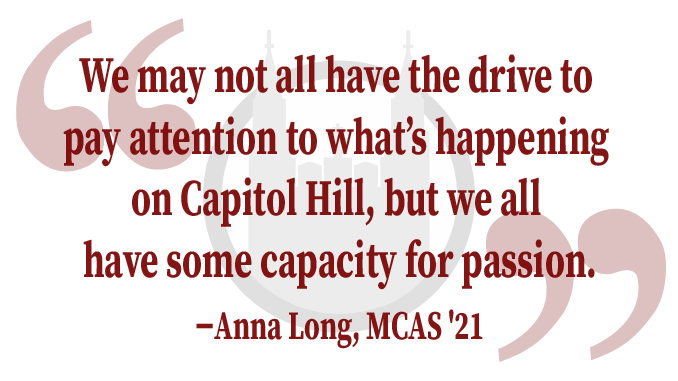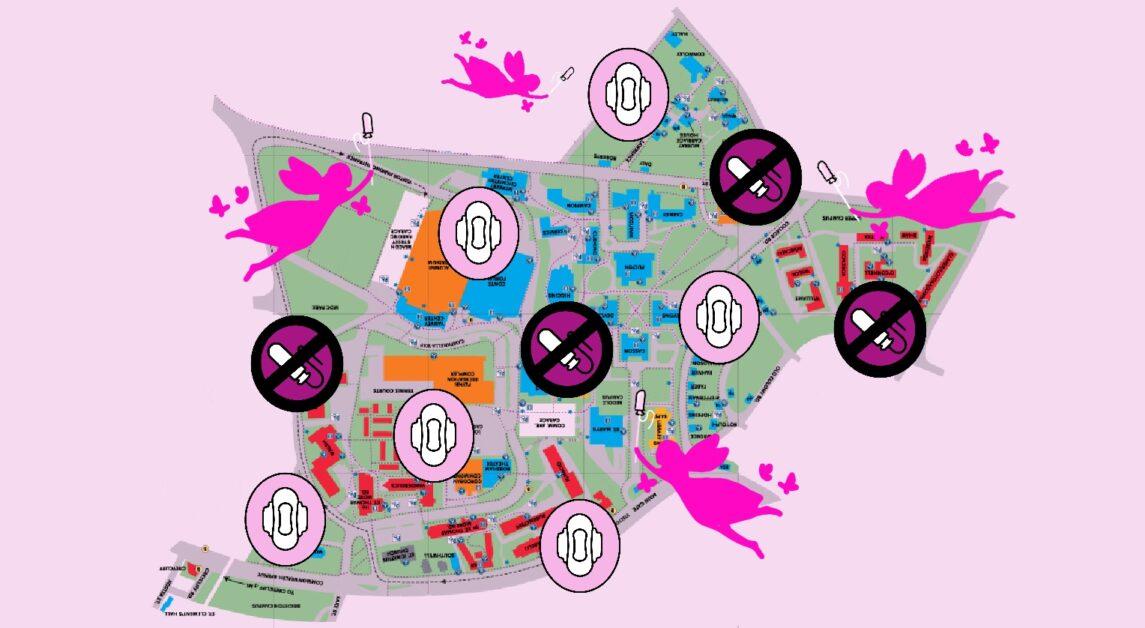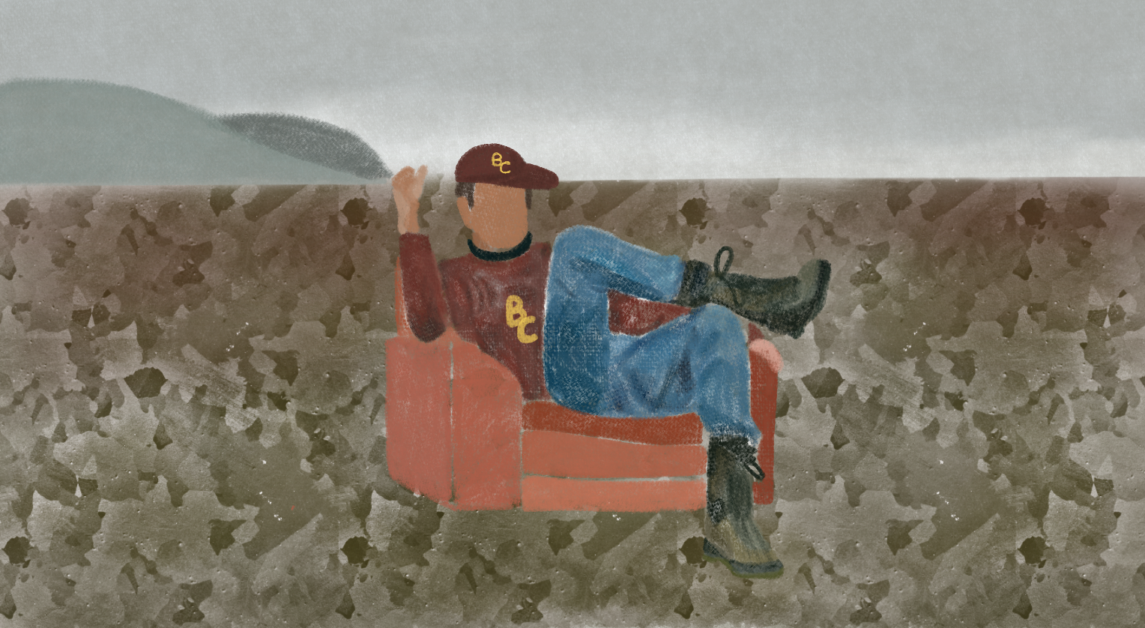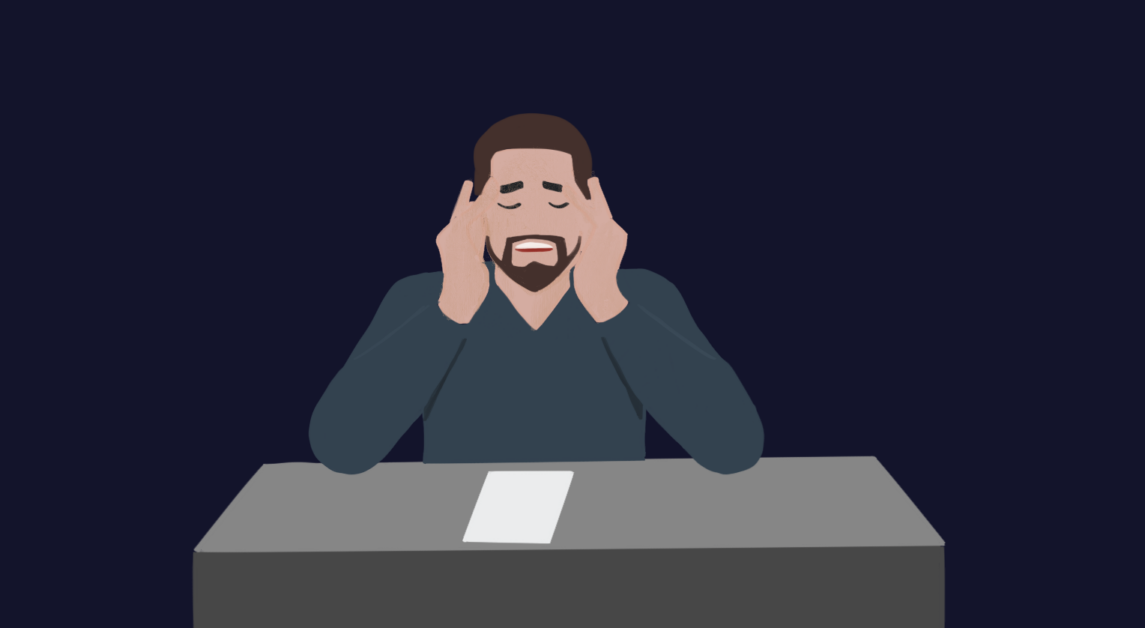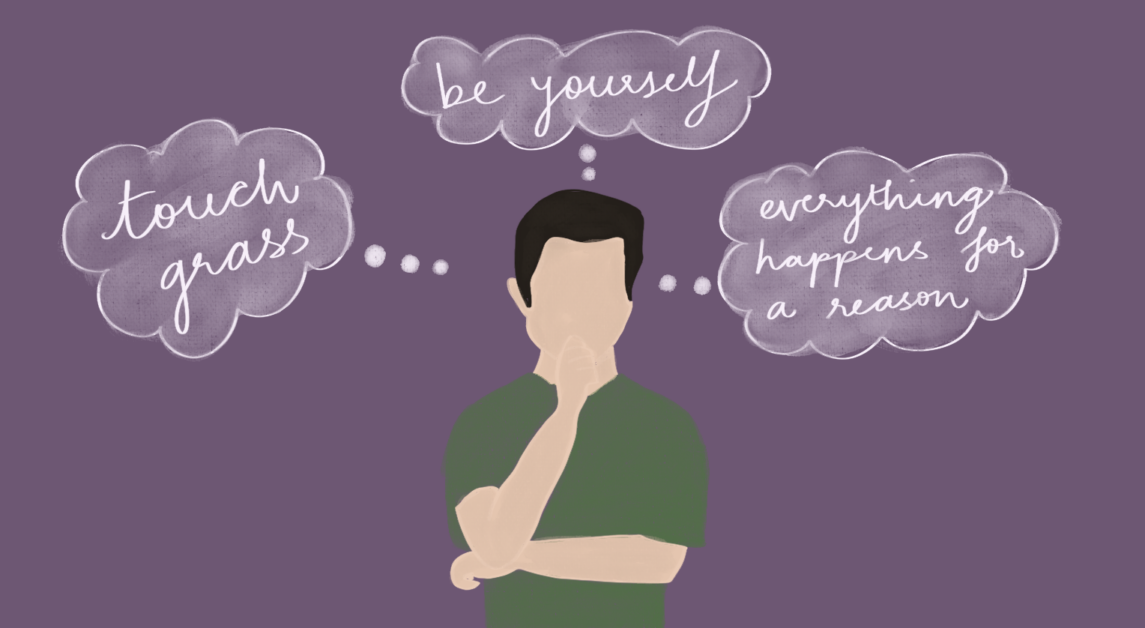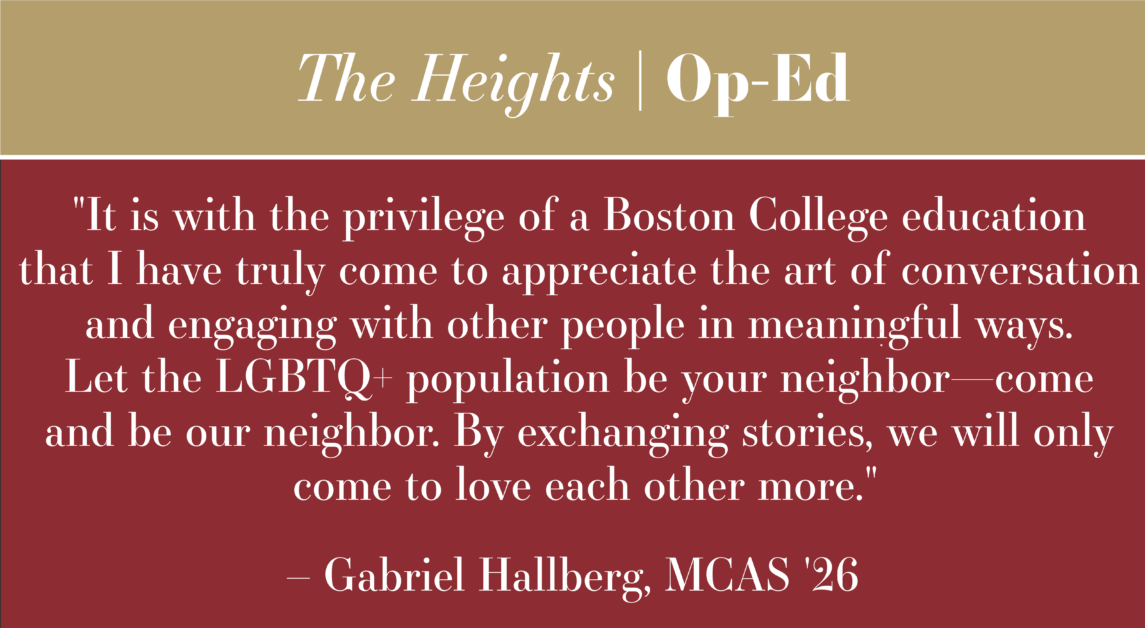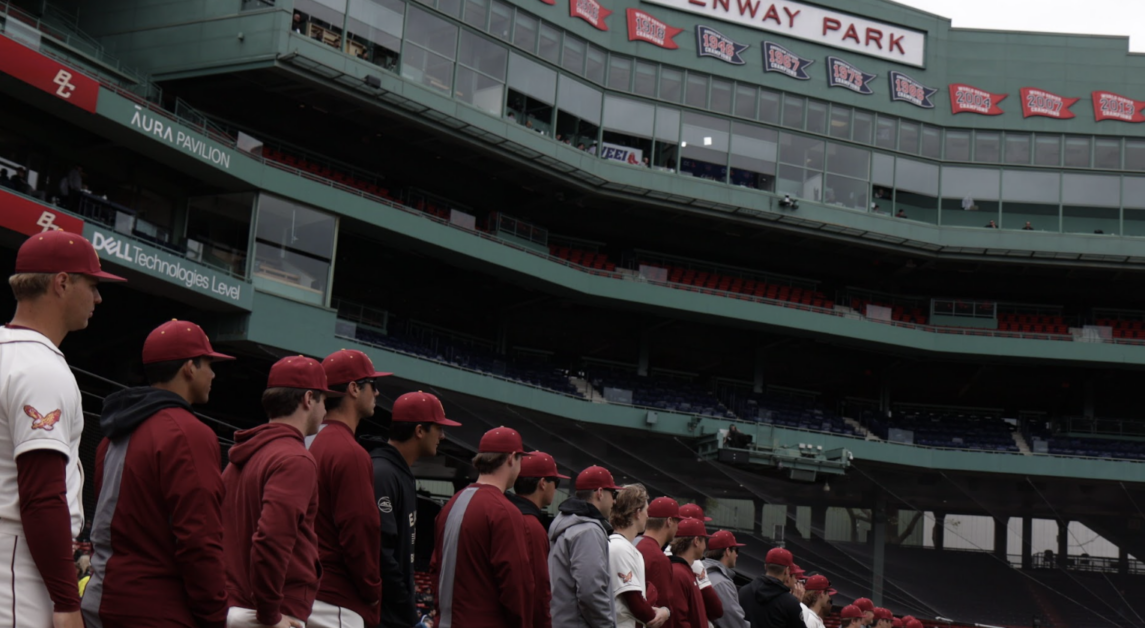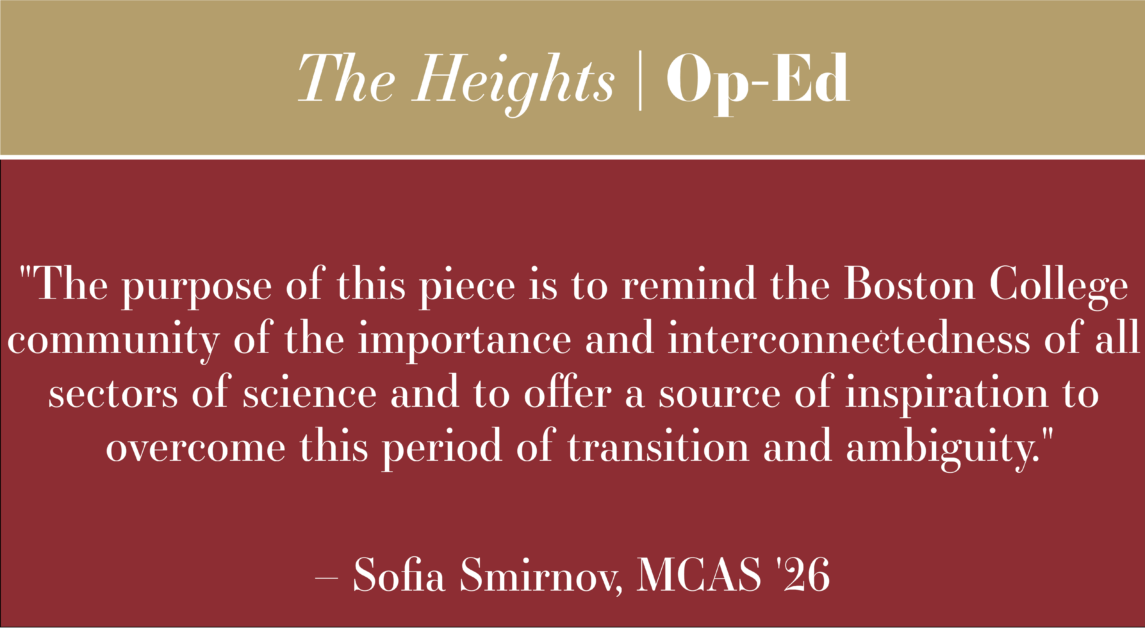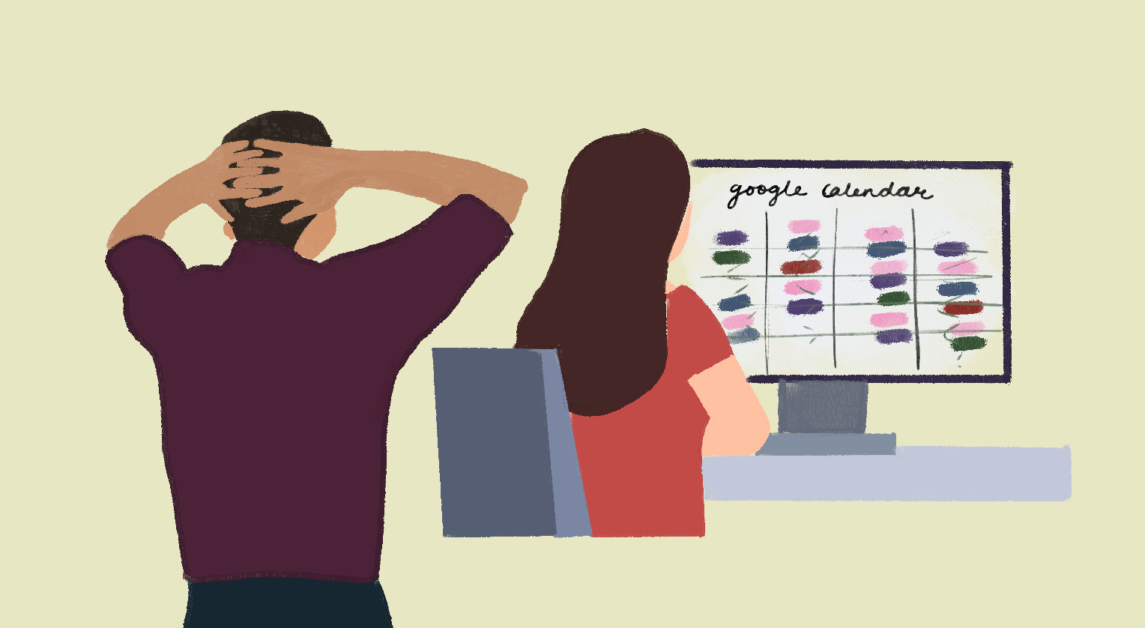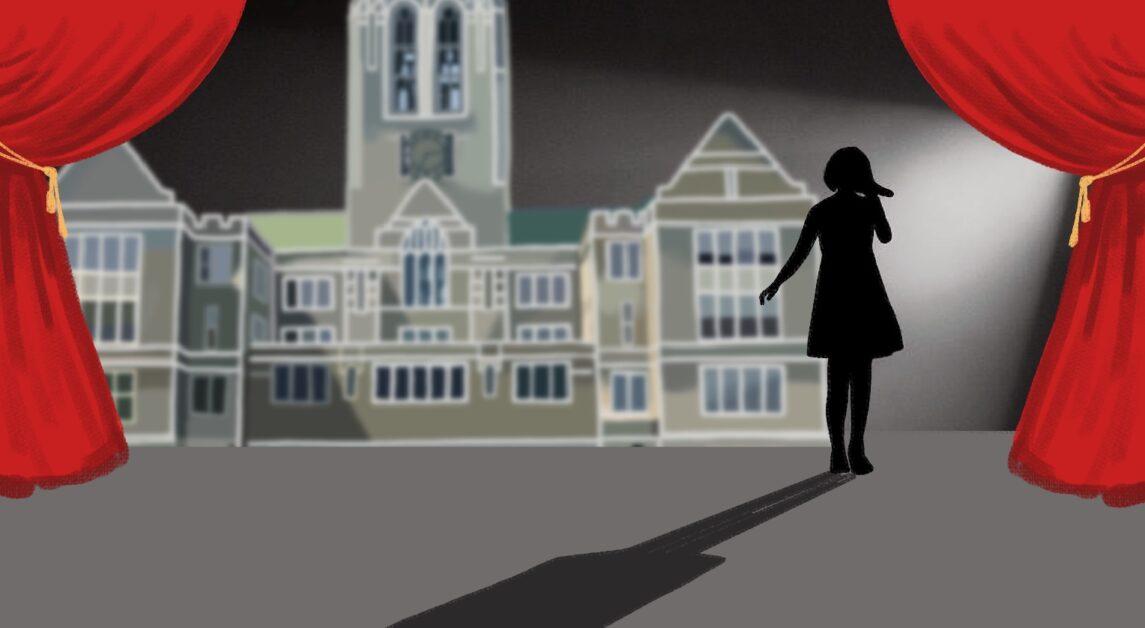It’s July of 2016, and President Barack Obama has just mentioned Donald Trump during an address at the DNC. The room, filled to the brim with waving mini flags and liberals who’ve spent the past two years alternating between laughing at Trump’s audacity and being terrified of the future, is suddenly alive with boos and thumbs pointing down in the air, and the president sighs.
This is the problem. Half of the Americans who these politicians represent won’t even vote on Nov. 6, but they’ll be the first to lament the result of the election on the morning of Nov. 7. Actually, according to PBS Newshour, only about 58 percent of registered voters turned up to vote in the 2016 election, yet I am confident that 100 percent of Americans have an opinion of some sort on the result of said election.
Let’s be real, politics isn’t an enjoyable topic. It’s the forbidden fruit of the dinner table: the line in the sand between what’s acceptable to discuss in public and in private. Political engagement has gained a negative connotation as parties have become increasingly polarized, but voting doesn’t have to be about politics. For those who are not fascinated by the idea of Congress or in awe of presidential power, voting is allowed to simply be about passion.
We may not all have the drive to pay attention to what’s happening on Capitol Hill, but we all have some capacity for passion. Some of us saw Interstellar once and now look to the skies while walking between classes and dream of the day when NASA is well-funded enough to truly dive into space exploration. You know how that happens? Voting. Some of us are tired of being marginalized on a daily basis and wish the law would follow the culture and become more inclusive. You know how that happens? Voting. Some of us want our local movie theater to stay in business, for the national park we visited as children to be around for our own kids, for dependable health care to be the standard rather than the exception. We want everything to change, and we want everything to stay the same. Regardless, the only way for any of these things to come to fruition is by voting. Nothing changes unless we make it change, and the people willing to make those changes are at an impasse until they truly know what we as a society care about.
The midterm elections are drawing nearer, and I fear that we have yet to learn from our mistakes. Currently, only about 64 percent of Americans are polling as “certain to vote” in the midterms, according to The Washington Post. Let’s see if we can raise that number, shall we? As college students, we hold a unique perspective: not yet fully affected by the economic decisions of the government concerning housing projects and tax breaks on a daily basis, but more affected than most when it comes to social decisions. We live on a campus composed of all types of people. You may not be bothered by a SCOTUS decision made concerning a case in Colorado or a sex-based discrimination suit, but chances are someone in your philosophy, math, or chemistry class is.
The American philosopher T.M. Scanlon—or in a more relevant example: Kristen Bell in The Good Place—raised a quintessential question: What do we owe each other? That is the very question you are choosing to answer when you don’t vote, and when you do. It is essentially what you are considering when you choose whether to participate in this country’s government for the sake of the people around you. We’re taught voting and politics as a whole is an individual phenomenon. Don’t share your party affiliation, don’t be vocal about what you believe. But political participation is at its core about community. What do we want for ours? For our planet? For our neighbors and friends and grandparents? And most importantly, how do we make that happen?
Usually I’m not an overly political person. You’re more likely to find me crying in a movie theater at Bradley Cooper’s singing voice than rallying on the State House steps. But I care about certain things just as much as most people. For me, gender equality matters. The environment matters. We all matter, and in recent years the importance of political engagement has simply become too significant to ignore. The #MeToo movement has fundamentally changed the way we view sexual assault, yet Brett Kavanaugh was confirmed to the Supreme Court just this past weekend in spite of allegations concerning that very topic. The banning of plastic straws was nothing short of a sensation over the summer, but the United States remains one of the only countries in the world not committed to the 2015 Paris Agreement. We’ll all toss a few quarters in a man’s empty guitar case beside the Park Street T stop, but the Department of Housing and Urban Development still estimates there are 554,000 homeless people living in the United States. Felicity Jones, playing Ruth Bader Ginsburg in the On The Basis of Sex trailer, said it best: “Changing the culture means nothing if the law doesn’t change.” The law and the political swing of things only changes if we tell it to do so.
Voting is the singular most important form of political participation because it ensures that America remains a democracy by the people and for the people. I’m not demanding that you change your major and run for student government. I am, however, suggesting that you figure out what you are passionate about, make an effort to be informed, and vote accordingly. In short, Obama’s response to that DNC crowd almost three years ago is still the best way to put it: When there’s something you don’t agree with in this country, “don’t boo, vote!”
“Never doubt that a small group of thoughtful, committed citizens can change the world; indeed, it’s the only thing that ever has.” – Margaret Mead
Featured Graphic by Nicole Chan / Graphics Editor

